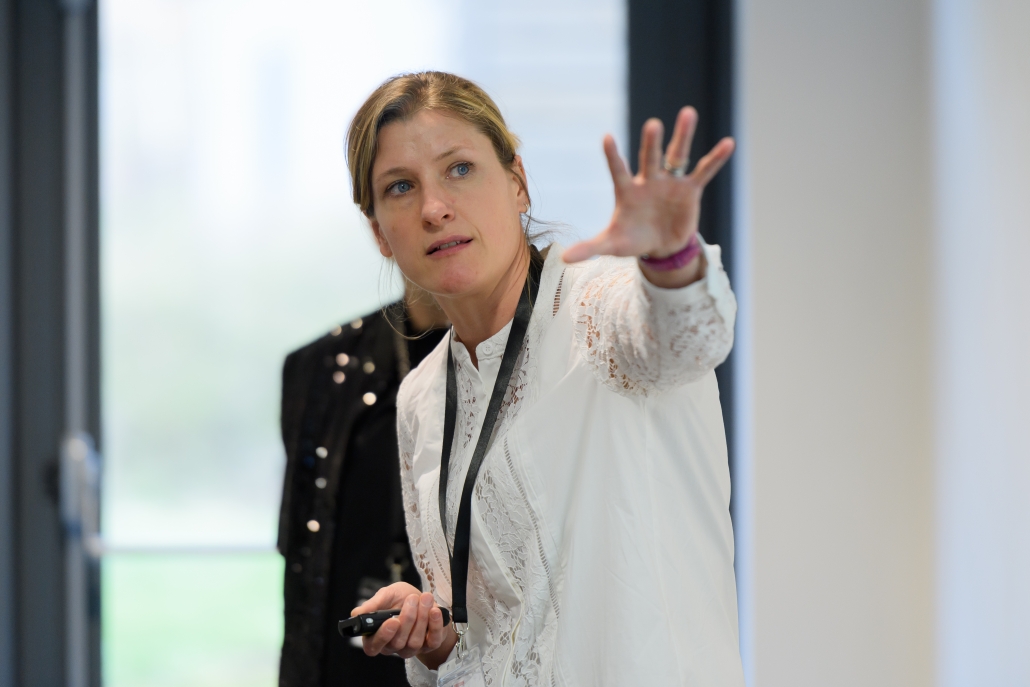An Interview with Dr. Louise Moody
Dr. Louise Moody, Director of the Centre for Arts, Memory and Communities and Professor of Health Design and Human Factors at Coventry University, is Devices for Dignity’s Human Factors theme lead. With a passion to enable the development of technology that is functional as well as being easier to use, desirable and acceptable to end-users and stakeholders, Louise has added extensive knowledge and expertise to the D4D team since its conception in 2008.
How did you get into research?
I wasn’t sure what I wanted to do after my degree in Psychology and Sport Science, I would have loved to have a medical career and considered re-training several times. However, a conversation in the pub about an academic looking for a potential PhD student with knowledge of how to develop motor skills (a core part of a Sport Science course), and interest in how this might be applied to the design of surgical training set me on a research path that enabled me to combine my previous education with my interest in medicine and healthcare.
What do you specialise in and why are you interested in that?
My research is multidisciplinary combining a number of fields including psychology, design, human factors and health. I am interested in how we can design and develop technology that enables health. Whether that technology is used by patients, their loved ones or medical professionals, it needs to be fit for purpose, easy and desirable to use. I focus on understanding the fit between the design of the technology and people’s wants, needs and capabilities. I am the Director of the Centre for Arts, Memory and Communities | Coventry University, which has a strong focus on these applications of creative subjects to the understanding and promotion of health, wellbeing and inclusion.
What projects are you currently involved in?
- The development and testing of the SHAPES system to help people after they have had a stroke (SHAPES) Therapy for post-stroke arm spasticity: Sheffield Adaptive Patterned Electrical Stimulation (SHAPES) – NIHR Devices 4 Dignity MIC (devicesfordignity.org.uk)
- The development and testing of a programme of support for people waiting for hip and knee replacements HoPES (Hope and Prepare Effectively for Surgery) — Hope For The Community CIC (h4c.org.uk).
- The development of new methods and approaches to increase, sustain and stimulate gender responsive innovation in healthcare Gendered Innovation Living Labs (GILL) | Coventry University.
How has your research had / will your research have an impact on patients, the public and/or the NHS?
My research aims to enable the development of technology (new products, systems, services and interventions) that are functional as well as being easier to use, desirable and acceptable to end-users and stakeholders. By involving the user throughout the development and evaluation of technology we intend to reduce the likelihood of it being unused, or incorrectly used, and therefore it not benefitting health and wellbeing in the way that is intended. From the public and NHS perspective, we aim to enable more effective condition management and reduce equipment wastage, thereby reducing the financial burden for health and care systems.




